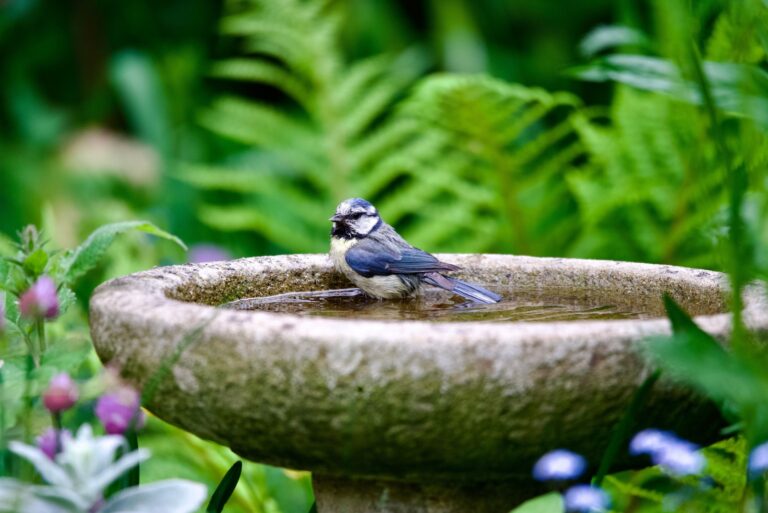20 Ways To Quickly Get Rid of Ant Hills In Your Garden (And Extra Tips For A Pest-Free Yard)
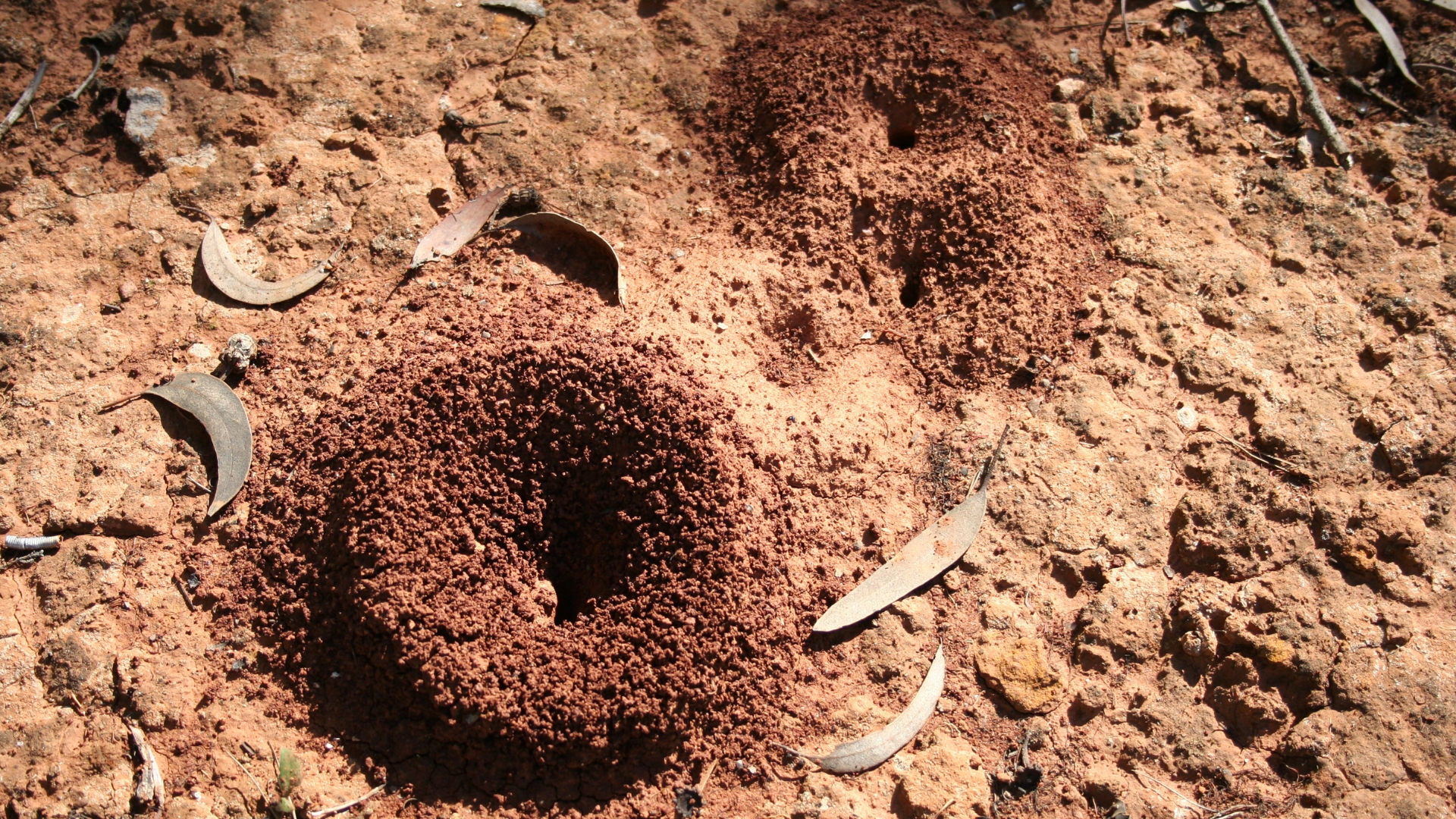
Ant hills in your garden can be a real nuisance, but don’t worry — I’ve got you covered with some quick and easy ways to get rid of them.
You don’t need to reach for harsh chemicals to keep your garden ant-free! From simple household remedies to clever tricks, these 20 methods will have those pesky ants packing in no time.
Plus, I’m sharing some extra tips to help you create a pest-free yard that’s both beautiful and functional. Say goodbye to ant hills and hello to a garden you can enjoy!
1. Boiling Water Method
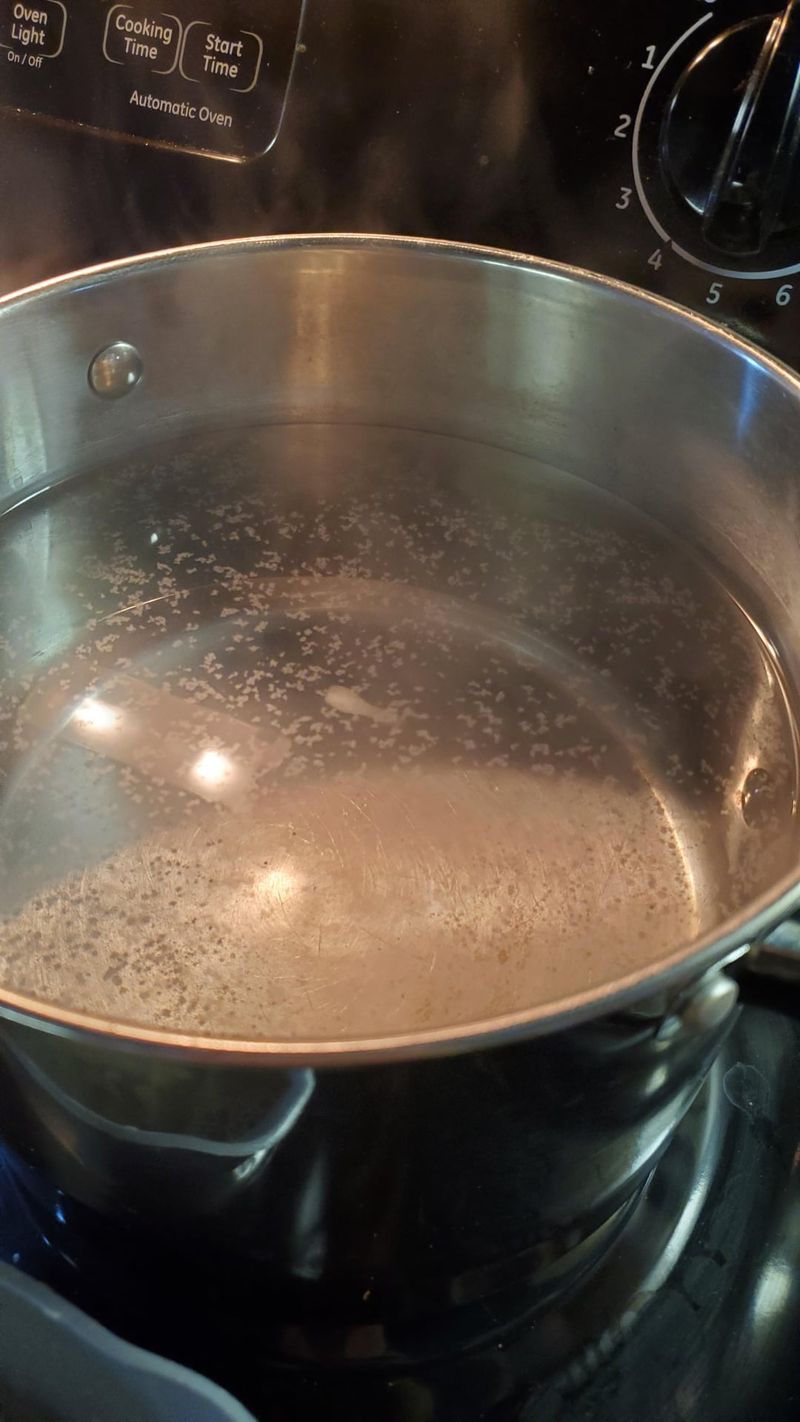
Ever thought of using your kettle for more than just tea time? Pouring boiling water directly on an ant hill can be surprisingly effective. The hot water seeps into the tunnels, disrupting the colony structure. It’s an immediate and eco-friendly approach, though you might need to apply it a few times for stubborn hills.
Just be cautious around delicate plants, as the hot water can cause collateral damage to nearby roots. This method is best for open areas where precision isn’t as crucial.
2. Vinegar Solution
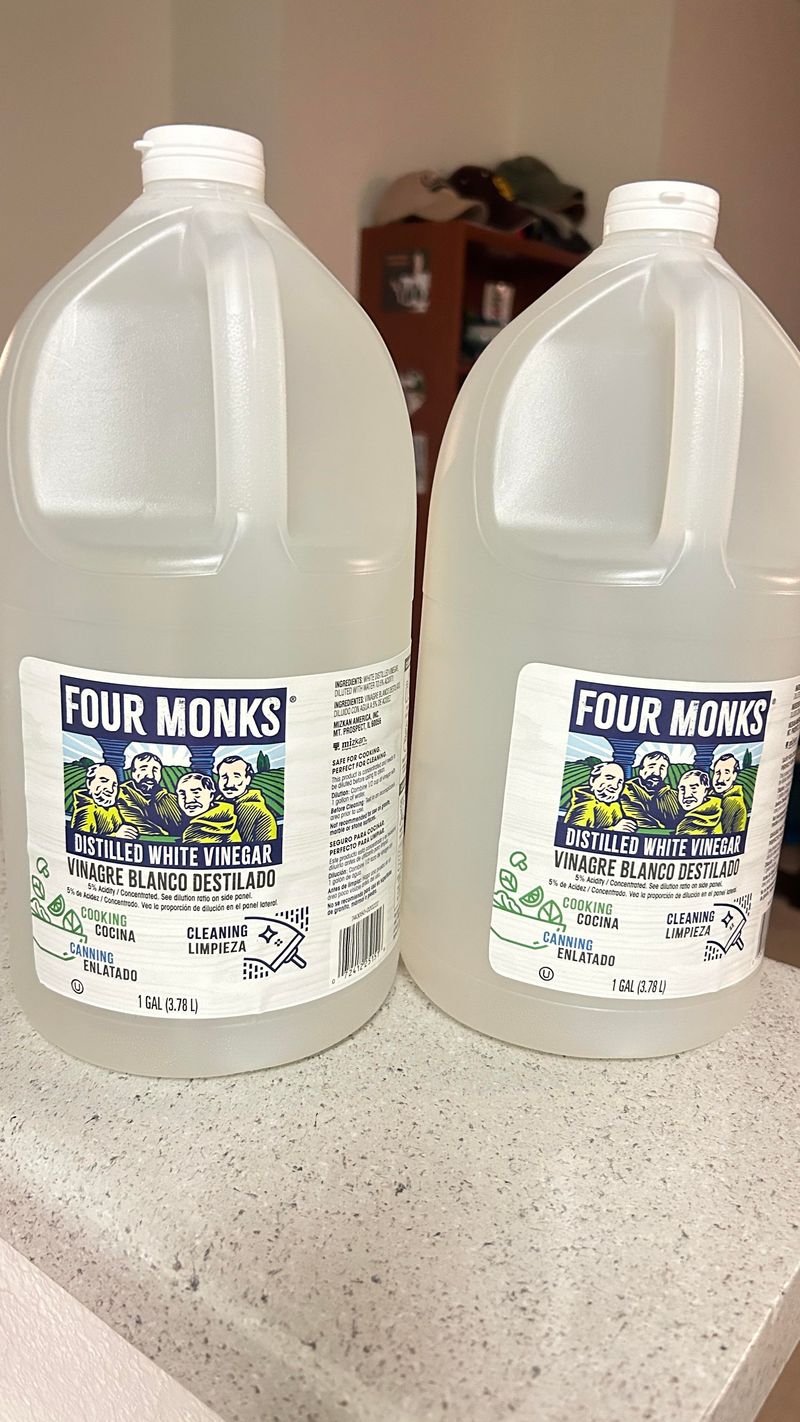
Who knew that a pantry staple could be your garden’s best friend? Vinegar, with its natural acidity, can disrupt ants’ chemical trails.
Mixing equal parts vinegar and water in a spray bottle creates a potent solution. Spraying this concoction on ant hills and paths can deter the little invaders.
The pungent aroma isn’t exactly inviting for humans either but consider it a small price for an ant-free garden. Just watch out for sensitive plants that might not appreciate the vinegar bath.
3. Diatomaceous Earth
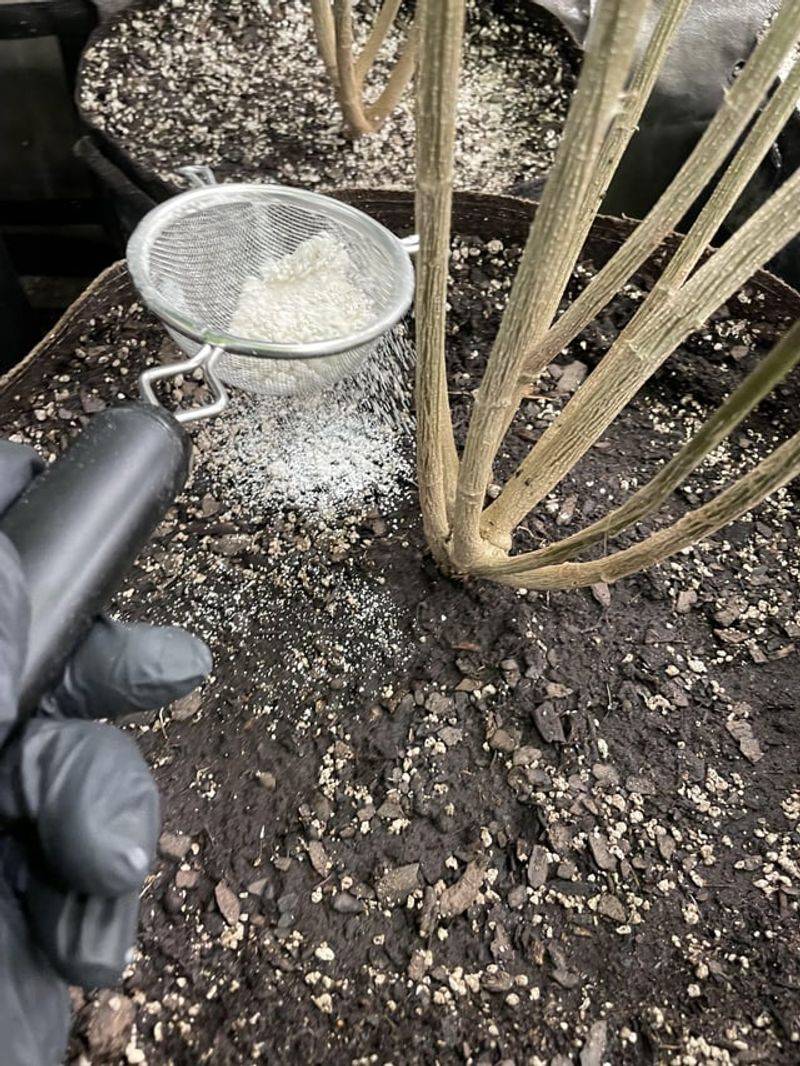
For those who love a natural touch, diatomaceous earth offers a fantastic solution. This fine powder, made from fossilized algae, acts as a desiccant.
Sprinkling it around ant hills dehydrates ants as they cross it, effectively controlling their population. It’s non-toxic to humans and pets, making it an ideal choice for family gardens.
Ensure the area is dry before applying, as moisture diminishes its effectiveness. Remember to reapply after rain to maintain its potency.
4. Cinnamon Barrier

Your spice rack holds another secret weapon against ants. Cinnamon, with its strong scent, can disrupt ants’ sense of smell. Sprinkling ground cinnamon around ant hills and entry points confuses them, causing them to relocate.
Aside from its effectiveness, it leaves a delightful aroma lingering in the air. Plus, it’s safe for plants and pets, making it a great, natural barrier. Don’t be surprised if your garden smells like a bakery afterward!
5. Borax and Sugar Trap

Combining borax with sugar creates a sweet yet deadly concoction for ants. The sugar lures them in, while the borax acts as a poison. Ants unknowingly carry this mix back to their colony, spreading it throughout.
This method requires patience, as it targets the entire colony over time. It’s inexpensive and easy to prepare, making it a popular choice for many gardeners. Remember to keep it out of reach of pets and children due to its toxic nature.
6. Nematodes
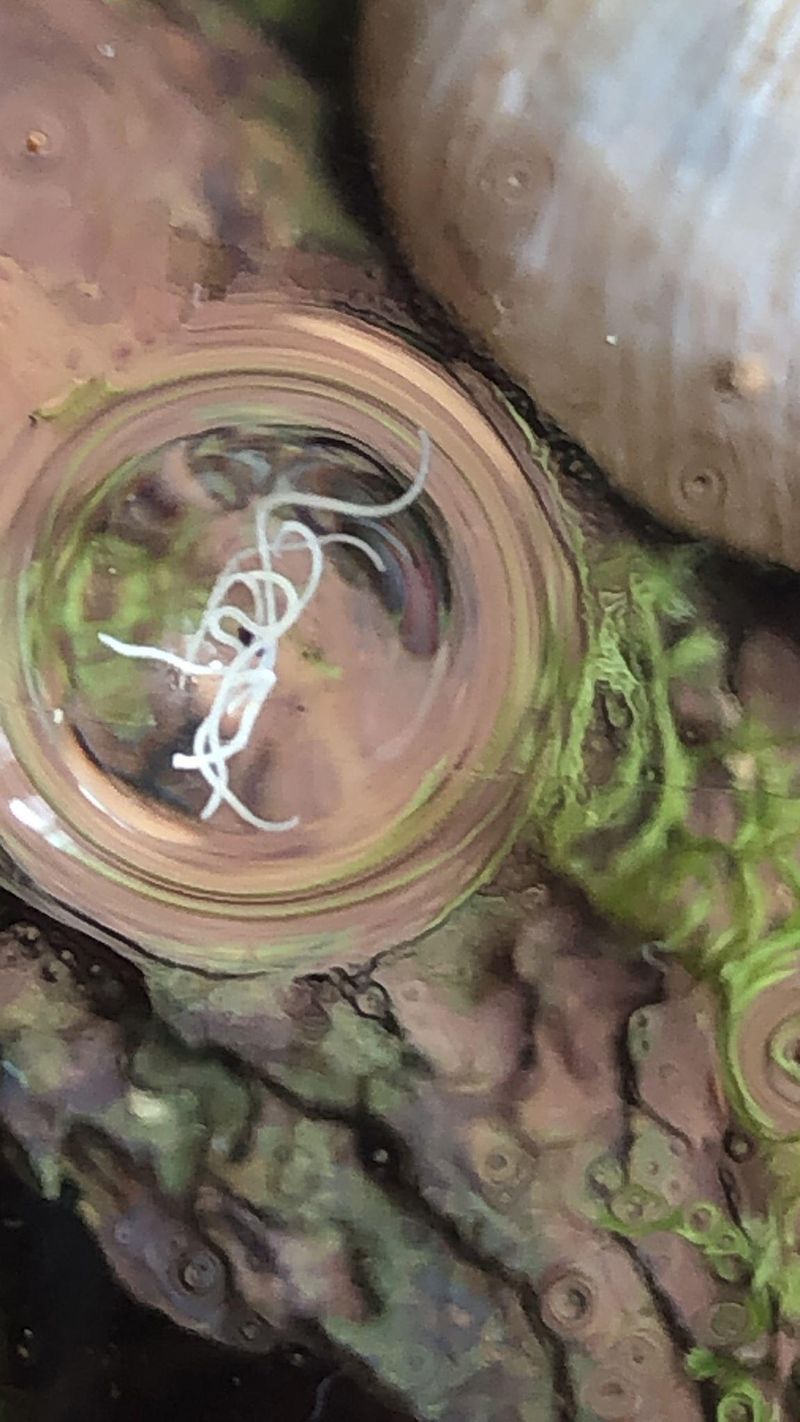
These microscopic worms are your garden’s tiny allies. Nematodes naturally prey on ants, providing a biological control method. When introduced to the soil, they hunt and destroy ants, reducing their numbers efficiently.
Safe for plants and humans, nematodes require moist conditions to thrive. They’re a smart choice for those seeking a long-term solution. Available at garden centers, they offer a clever, eco-friendly approach to ant control.
7. Essential Oil Spray

Essential oils aren’t just for aromatherapy; they also serve as ant deterrents. Oils such as peppermint, tea tree, and citrus can disrupt ants’ scent trails. Mixing a few drops with water in a spray bottle creates a fragrant barrier.
Spraying around ant hills and garden paths can send ants packing. It’s a pleasant-smelling solution that’s safe for plants. Be mindful of pets, as some oils might be irritating to them. Your garden will smell fresh and vibrant!
8. Soapy Water
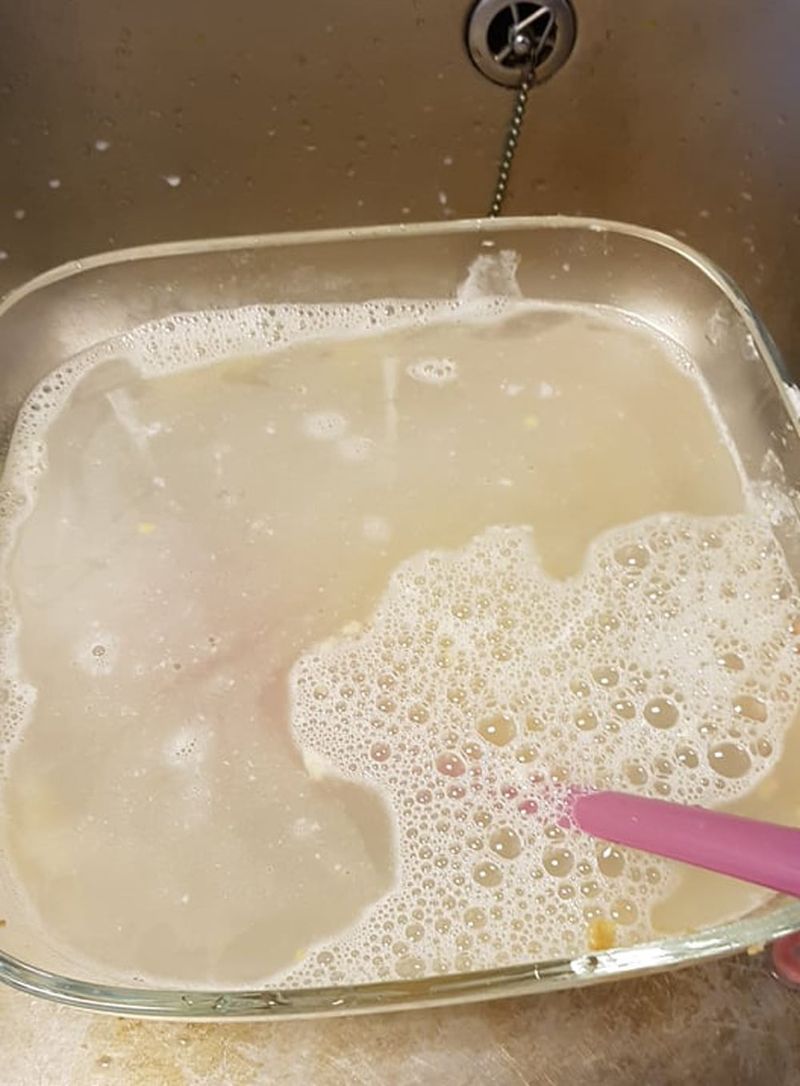
A simple yet effective method involves using soapy water. Soap breaks down the ants’ protective wax coating, leading to dehydration and death. Mix a few tablespoons of dish soap with water, and pour it over the ant hills.
It’s a quick fix that’s easy to prepare with household items. Ensure thorough coverage for maximum effect. This method is ideal for visible hills but may not reach deeper nests.
9. Coffee Grounds
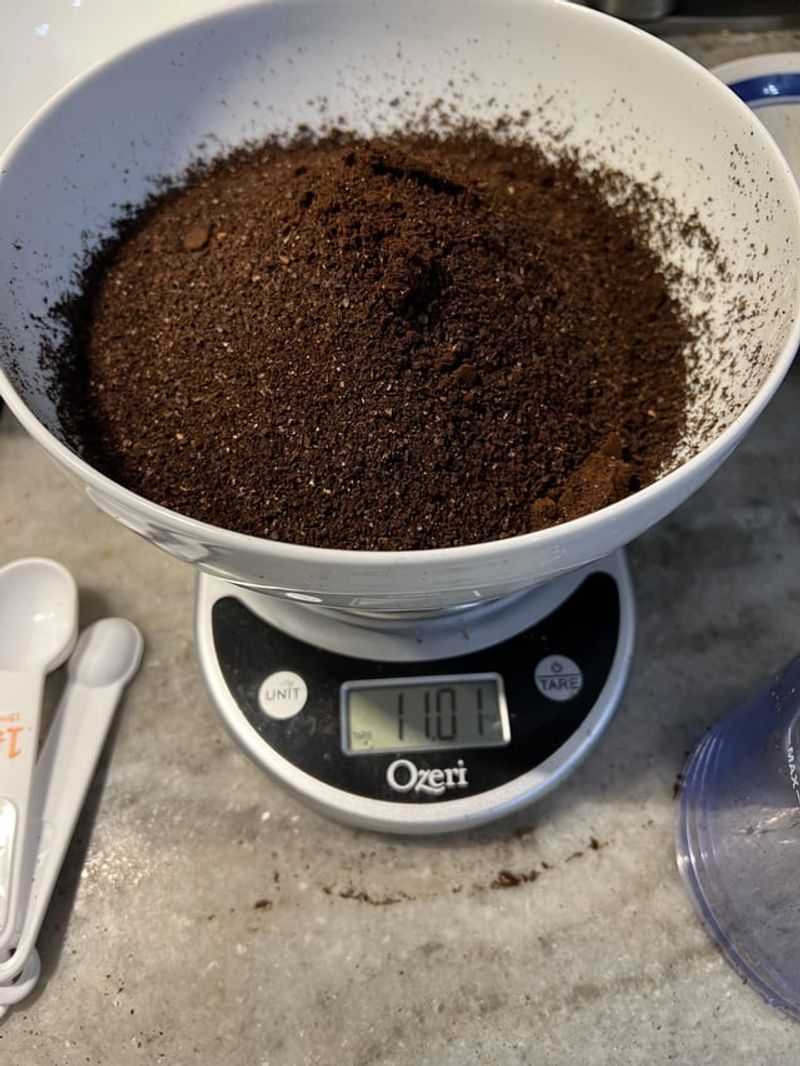
Before you toss those coffee grounds, consider their benefits for your garden. Used coffee grounds can repel ants due to their strong scent.
Sprinkling them around ant hills creates a barrier that ants prefer to avoid. Besides deterring ants, coffee grounds enrich the soil with nutrients, doubling as a fertilizer.
It’s a win-win for your plants and your ant problem. Just refresh the grounds occasionally to maintain their effectiveness.
10. Mint Plants
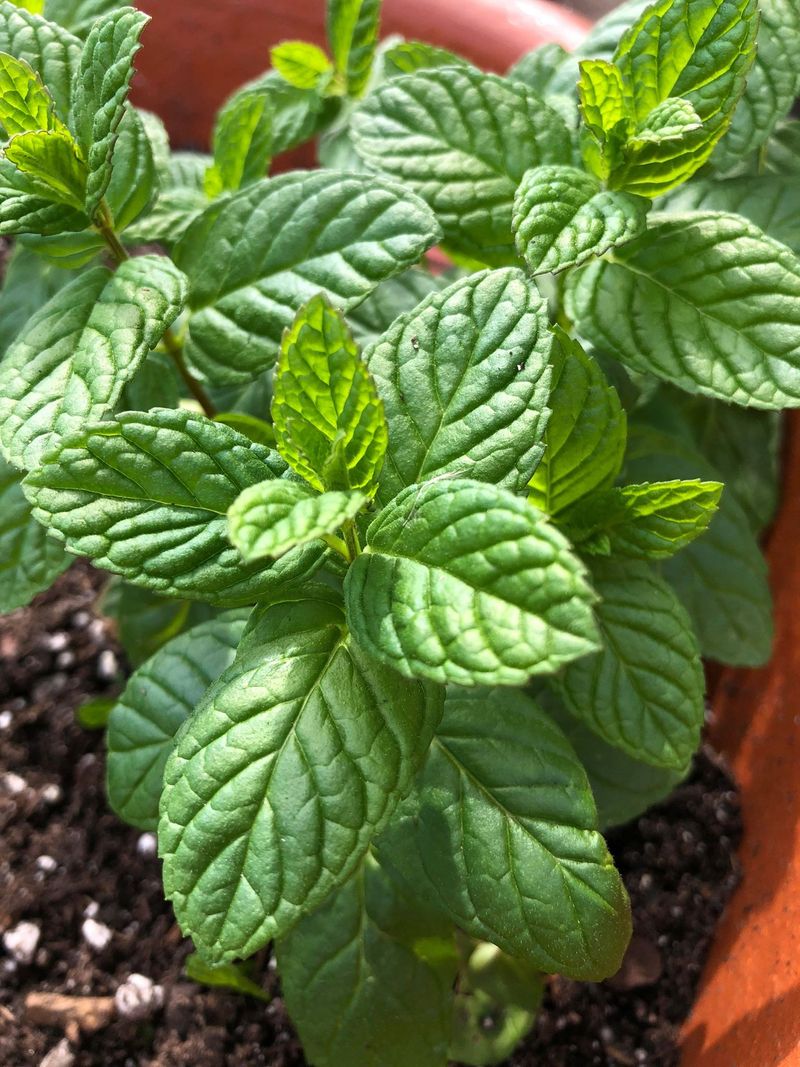
Planting mint around your garden can naturally deter ants. The strong scent of mint confuses ants, making it hard for them to navigate. It’s a lovely addition to your garden, offering culinary uses too. Be mindful of its invasive nature; mint can spread rapidly if not contained.
Consider planting it in pots or designated areas. Your garden will benefit from its fragrant presence while keeping ants at bay.
11. Lemon Juice Spray
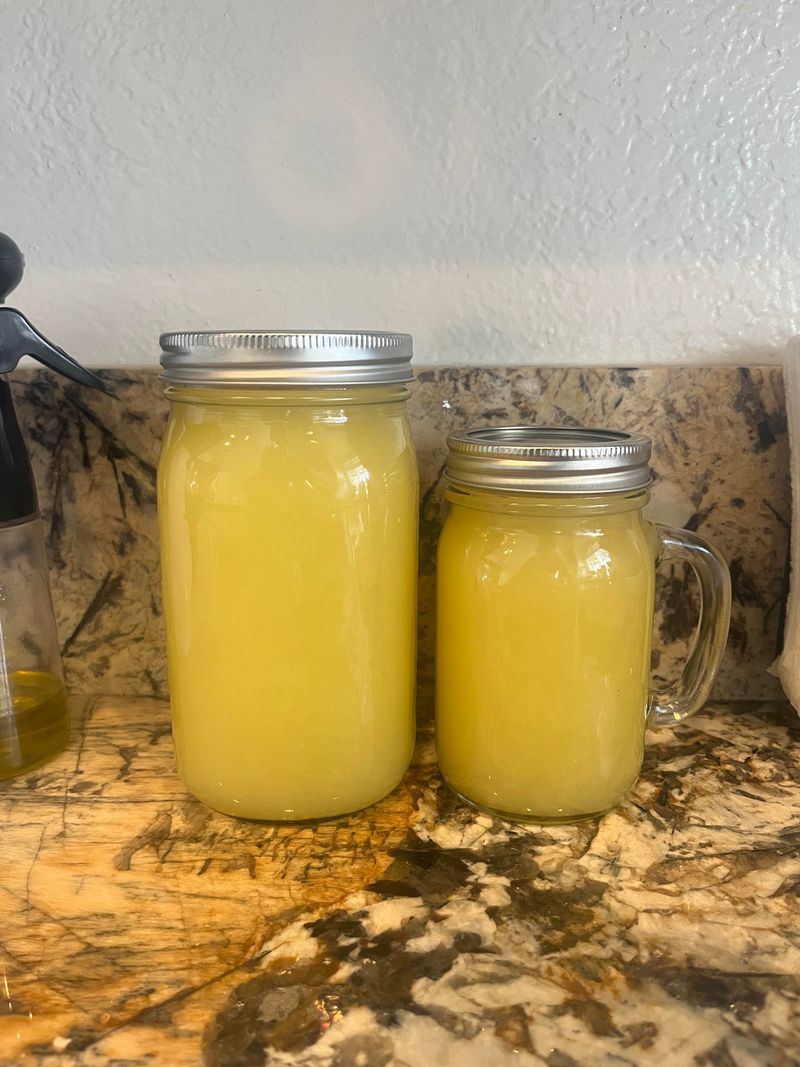
Lemon juice is a refreshing ant deterrent. Its acidity disrupts ants’ sense of direction, sending them off course. Mix lemon juice with water in a spray bottle, and apply liberally around ant hills. It’s a natural, citrusy solution that’s safe for most plants.
Regular applications can keep ants from re-establishing their colonies. Enjoy the added bonus of a garden that smells like a citrus grove!
12. Baking Soda and Sugar
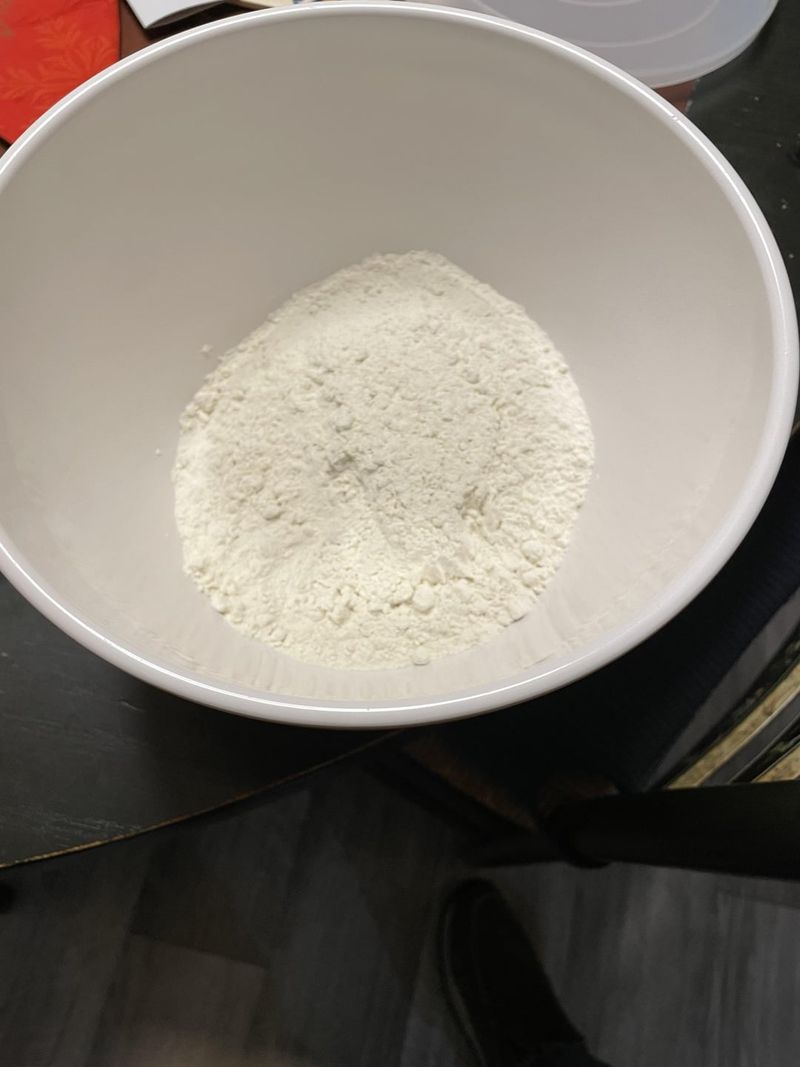
A pantry staple comes to the rescue again! Mixing baking soda with sugar forms a bait that ants find irresistible. The sugar attracts ants, while the baking soda reacts with their digestive system, causing fatal gas buildup.
It’s a simple, cost-effective solution that targets entire colonies. Place the mixture in shallow dishes around the garden. Remember to keep it away from pets and children for safety.
13. Cornmeal
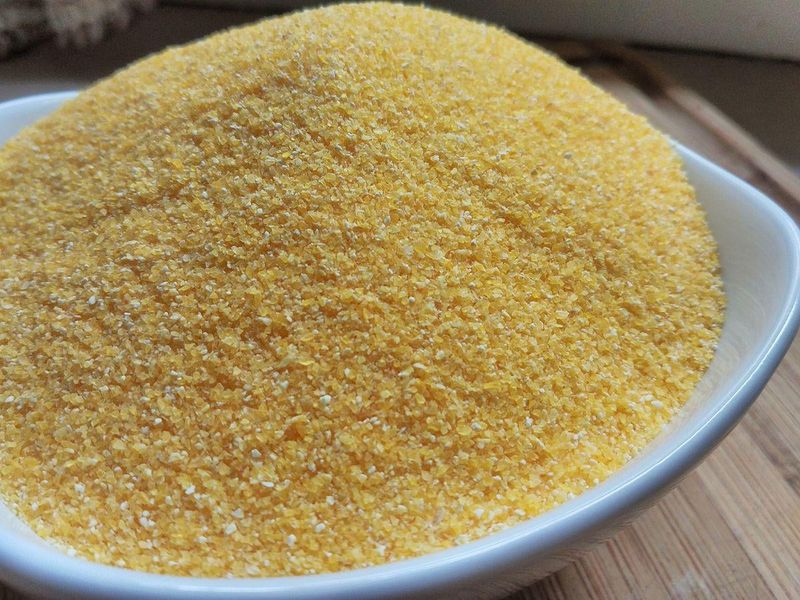
Cornmeal is an unexpected but effective ant deterrent. Ants consume it, but can’t digest it, leading to their demise. Spread cornmeal around ant hills as a safe and natural alternative to chemical pesticides. It’s an affordable option that won’t harm pets or beneficial insects.
Regular applications may be necessary for persistent ant problems. Your garden remains a safe place for family and wildlife alike.
14. Orange Peels
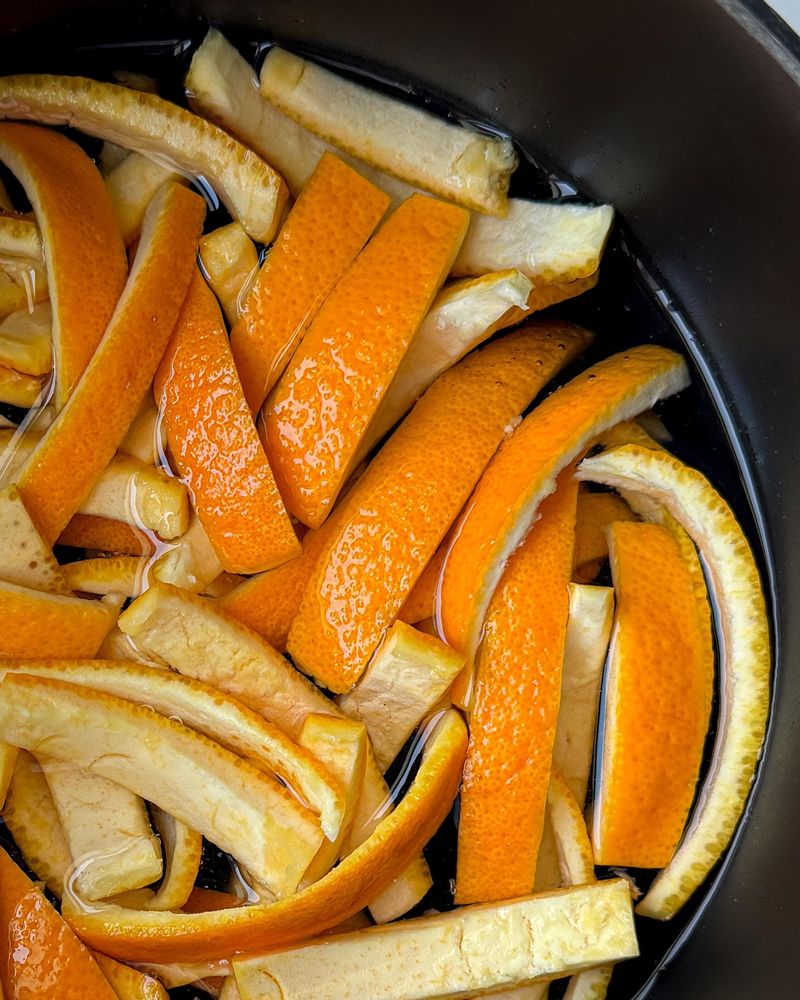
Those leftover orange peels can do more than freshen up your compost. Ants dislike the oils found in citrus peels. Scatter them around ant hills to disrupt ants’ trails and nests.
The peels decompose, enriching the soil and providing a natural ant deterrent. It’s a garden-friendly solution that adds a burst of citrus scent to the air. Be sure to replace them periodically to keep ants away.
15. Garlic Water
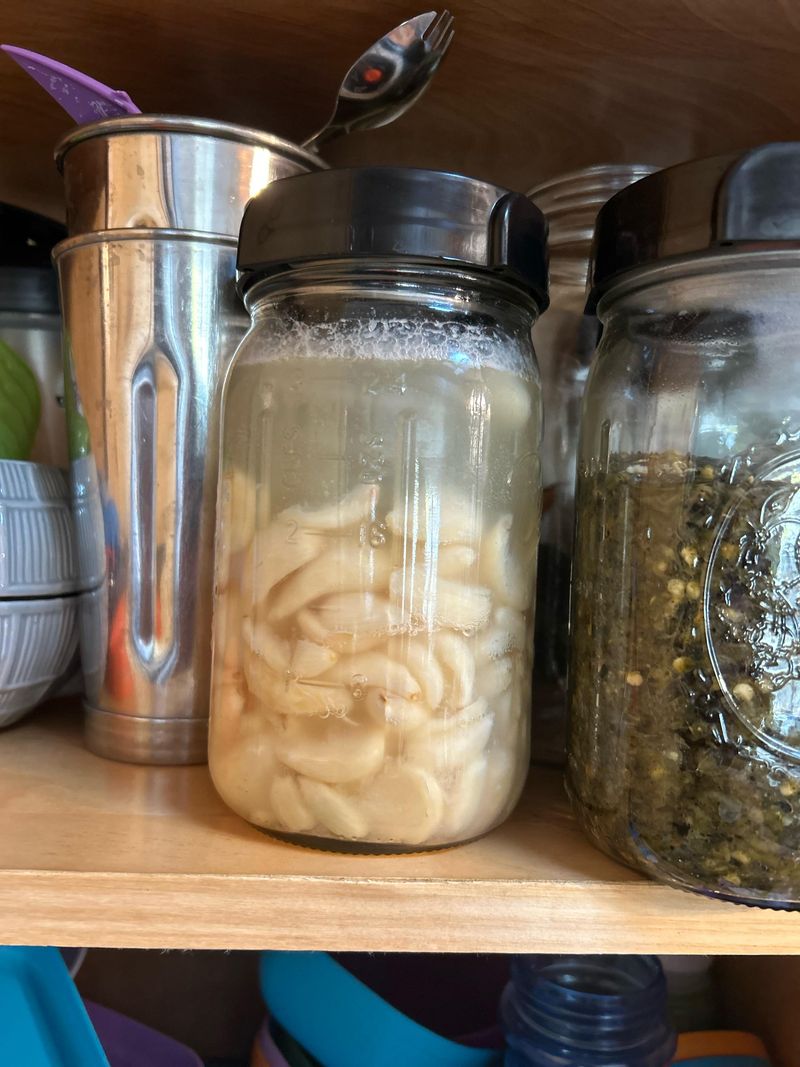
Garlic isn’t just for warding off vampires; it’s a potent ant repellent too. Crushing garlic and soaking it in water creates a pungent solution. Pour this garlic-infused water around ant hills to send ants scurrying. Its strong smell disrupts their communication and navigation.
Safe for plants, this method is a natural way to manage ants. Just be prepared for a garden that smells like an Italian restaurant.
16. Chalk Lines
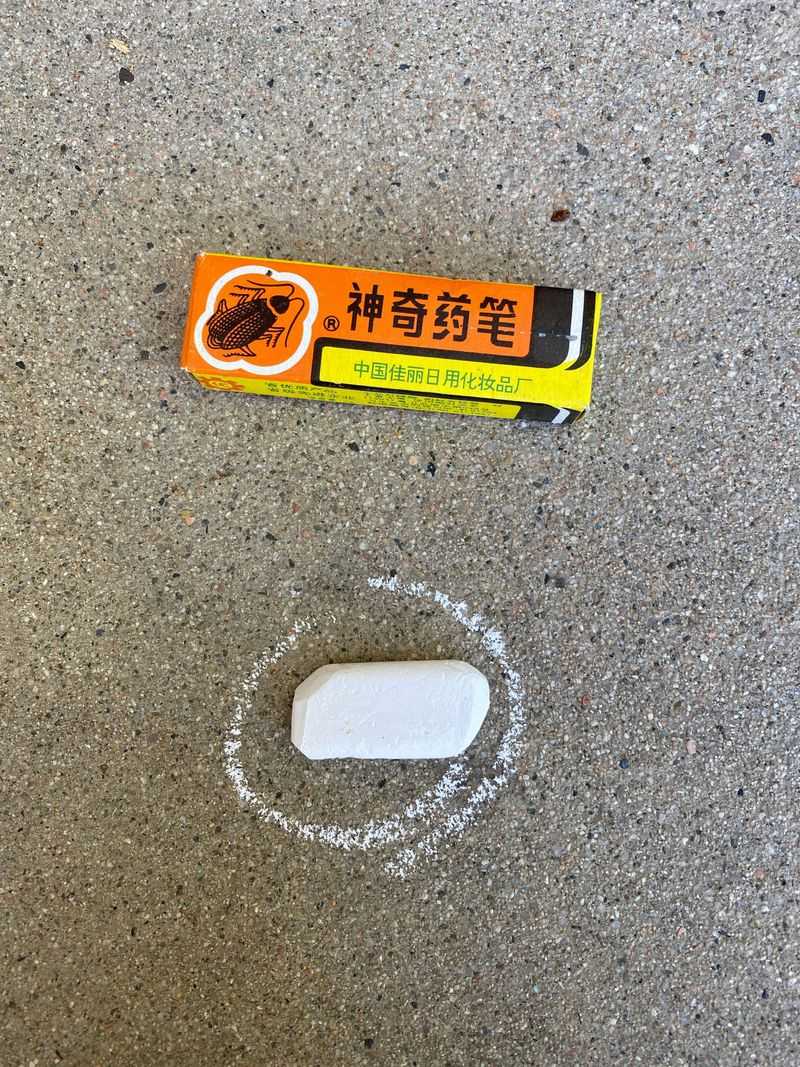
A simple piece of chalk can work wonders against ants. Drawing a line around ant hills disrupts their pheromone trails, confusing them. It’s a temporary but effective method to redirect ants away from certain areas.
Use it as a quick fix while trying other methods. Plus, it’s a safe, non-toxic option for gardens where children play. Just reapply after rain or watering to maintain its effectiveness.
17. Talcum Powder
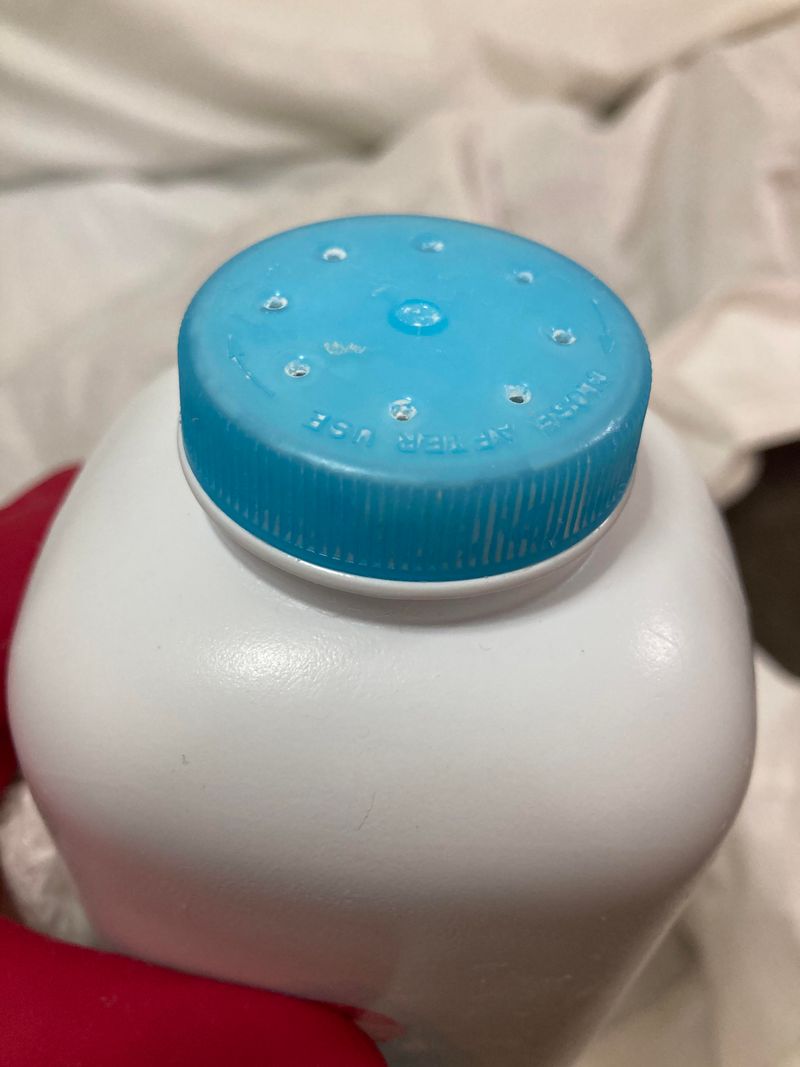
Talcum powder might seem like an unusual choice for ant control, but it’s remarkably effective. Sprinkling it around ant hills creates a barrier ants avoid crossing. The fine particles disrupt their ability to navigate, sending them elsewhere.
It’s a simple, non-toxic solution that’s gentle on your garden. Ensure even coverage for the best results, and reapply as needed, especially after rainfall.
18. Cucumber Peels
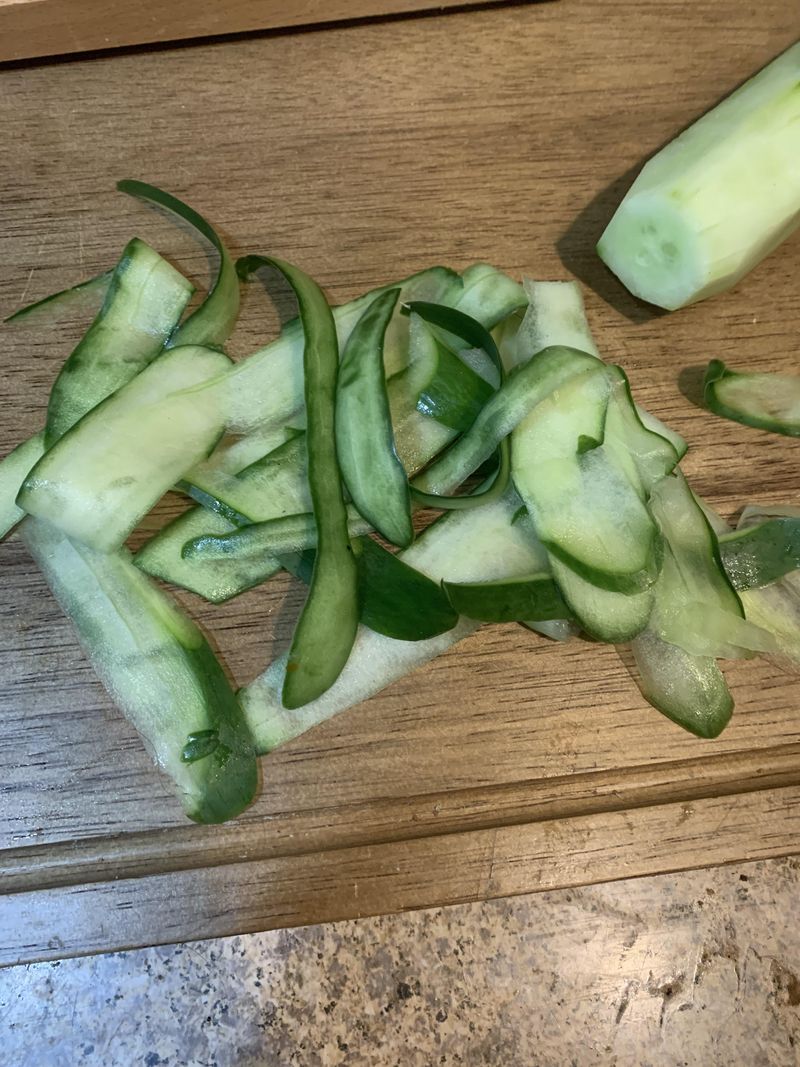
Who knew cucumbers could do more than refresh your salad? Ants are repelled by the bitterness of cucumber peels. Placing these peels around ant hills creates a natural barrier. It’s a safe, eco-friendly method that’s easy to implement.
As the peels decompose, they enrich the soil, making this a dual-purpose approach. Just refresh them regularly to keep ants at bay and your garden thriving.
19. Create a Distraction Zone
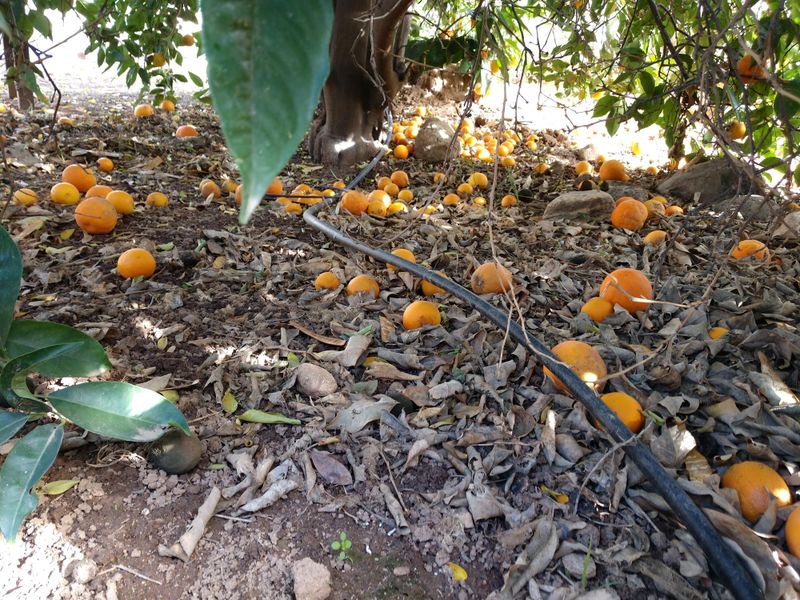
Sometimes the best way to deal with ants is simply to invite them elsewhere. Set up a designated area in the garden far from prized plants by offering something sweet like overripe fruit. This lures the ants away from their current hills, encouraging them to relocate naturally.
Over time, the colony may shift toward the new food source, leaving the rest of the garden in peace. It’s a harmonious way to redirect rather than remove, especially for those who prefer not to harm the tiny workers.
20. Neem Oil Spray
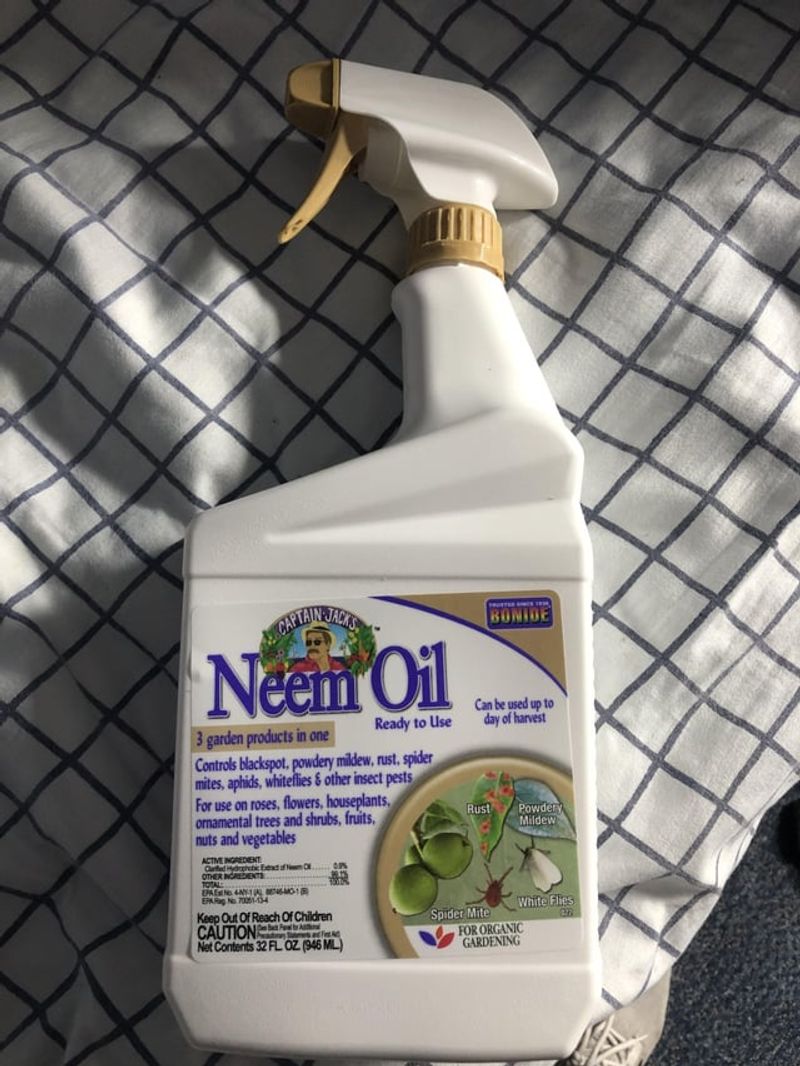
Neem oil isn’t just for plant care; it’s also a strong ant deterrent. Diluting neem oil with water and spraying it around ant hills disrupts their life cycle. It’s a natural, non-toxic solution that’s safe for most plants and beneficial insects.
Regular applications ensure ants steer clear of your garden. Enjoy the peace of mind knowing your garden is protected without harsh chemicals.

